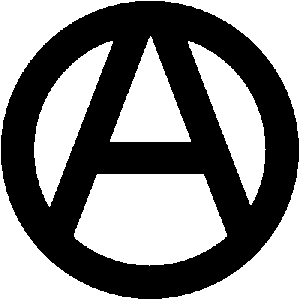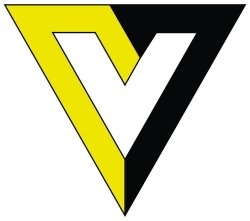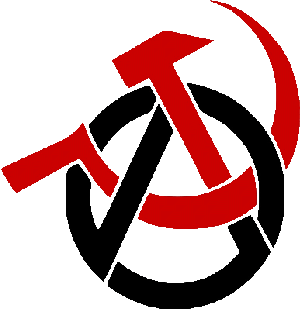What is Rulership?
Anarchism is defined as opposition to rulership. All anarchists are in principle against rulership. Every type of anarchist agrees. But what is rulership? That is a question about which anarchists have many, often radically different, opinions. Here is a list of interpretations of rulership, from the narrowest bare-bones definitions to the most all-encompassing definitions. The anarchist schools favoring that conception of rulership are noted.
| Compulsory government aka political authority - the right to rule & duty to obey (king, president, dictator, junta, legislature, ...) |
Anarchism without Adjectives; generic anarchism |
 |
| Any use of aggression, defined as non-consensual initiation of force or threat of it (Non-aggression principle, or law of equal freedom) |
Voluntaryism; NAP-based anarchism; liberal anarchism; most anarcho-capitalists are voluntaryist |
 |
| Any use of aggression, or use of "commons" without compensating others (Georgist principle - natural resources cannot be owned outright, but must be rented from the community) |
Geoism (ne Georgism); like anarcho-capitalism but without sticky property in land and natural resources |  |
| Any use of aggression, or control of productive resources in absentia. (Possession principle - resources must be personally used by the owner(s) to retain ownership) |
Mutualism; like anarcho-capitalism except with stricter abandonment conditions |  |
| Any use of aggression, or profit ("usury") derived from the labor of others. (Soft socialist exploitation principle - usually based on the labor theory of value or unequal bargaining power) |
Voluntaryist anarcho-socialism; against sticky property but considered a vice, not a crime (so would not be forcibly opposed) |  |
| Any profit ("usury") derived from the labor of others. Aggression is okay to stop usury. (Hard socialist exploitation principle, allowing aggression to expropriate profits and capital goods aka "MOP") |
Aggressionist anarcho-socialism; sticky property is considered a crime, so would be forcibly opposed |  |
